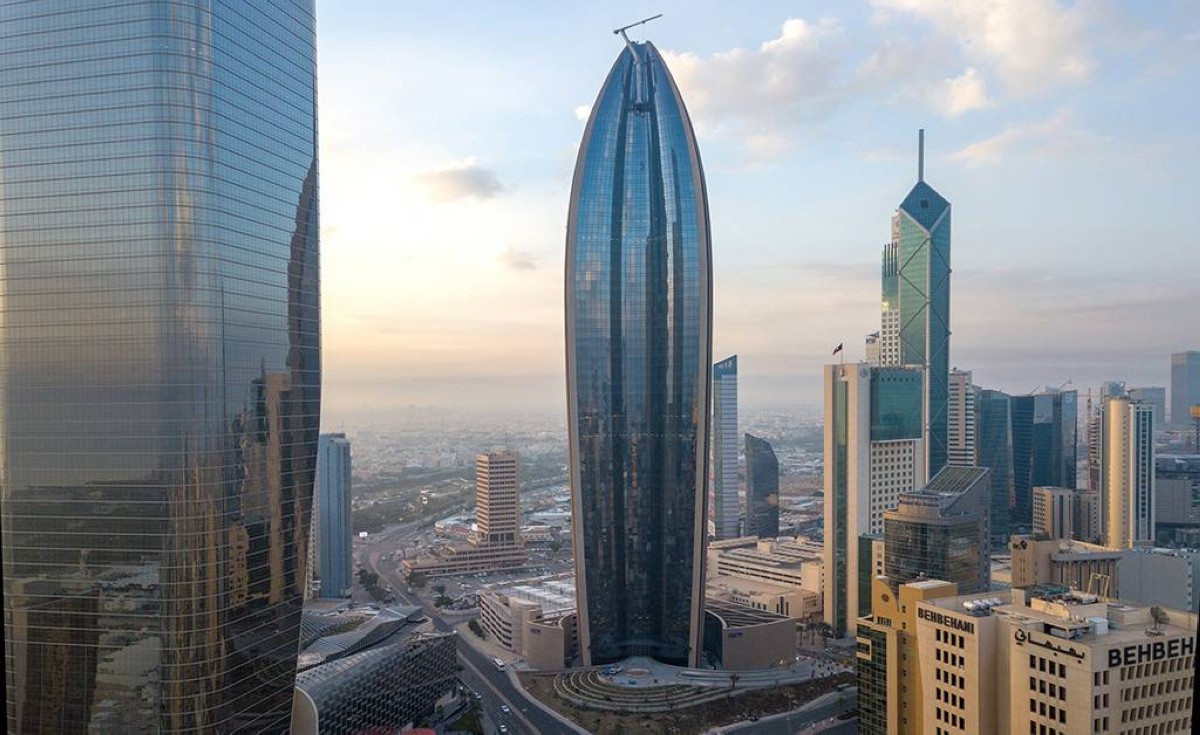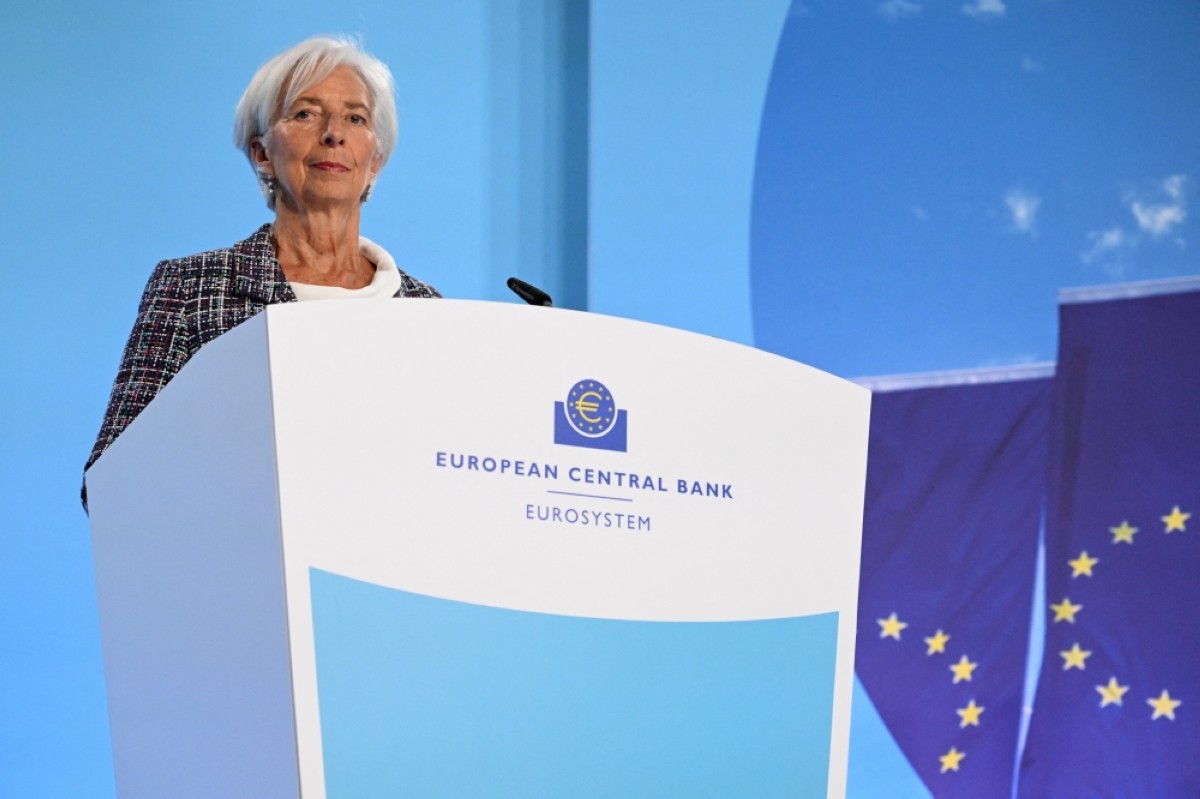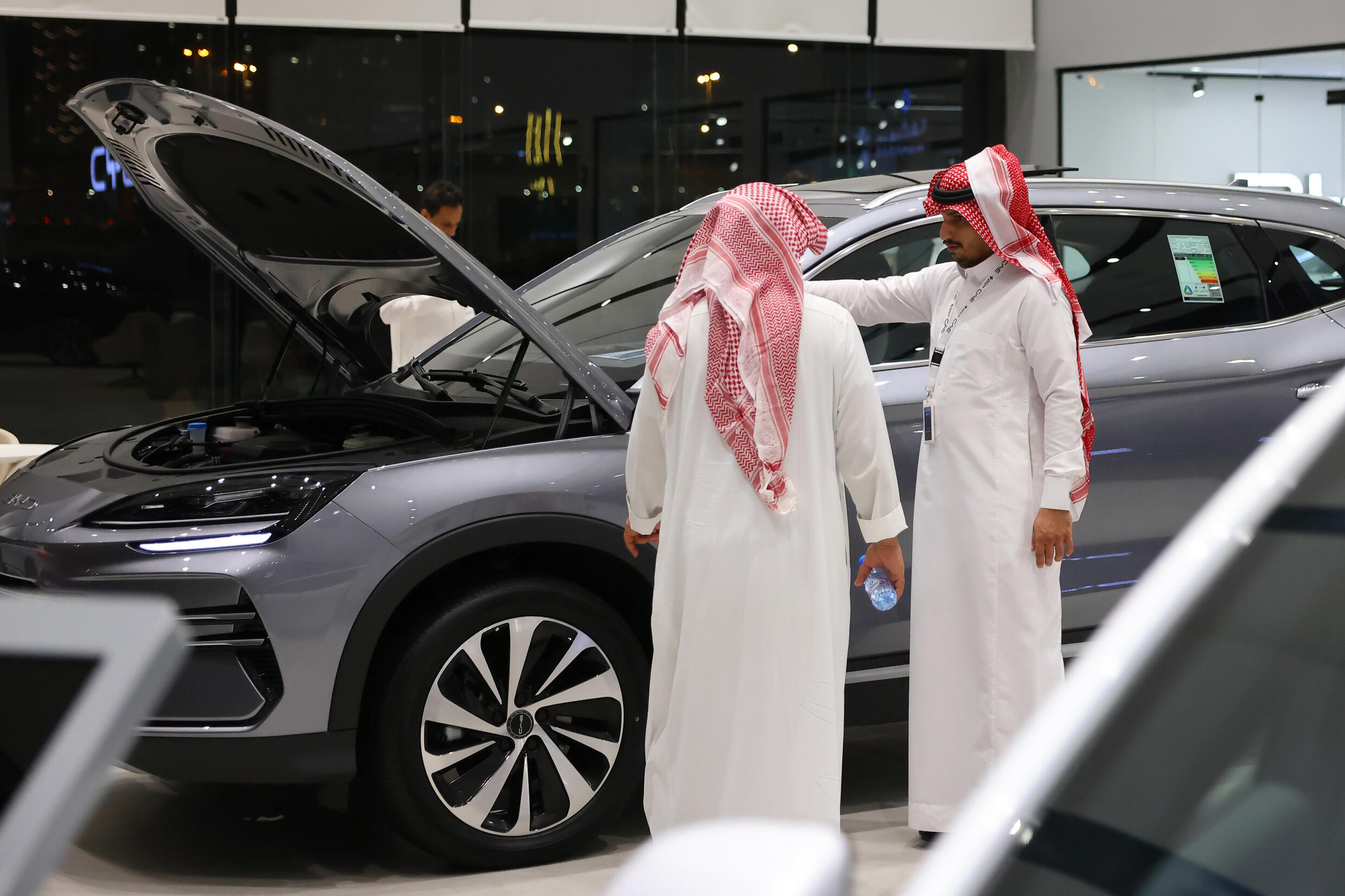EU tariffs on China not a ‘punishment’: Germany
BEIJING: Proposed European Union tariffs on Chinese goods are not a “punishment”, Germany’s Economy Minister Robert Habeck told Chinese officials in Beijing on Saturday.
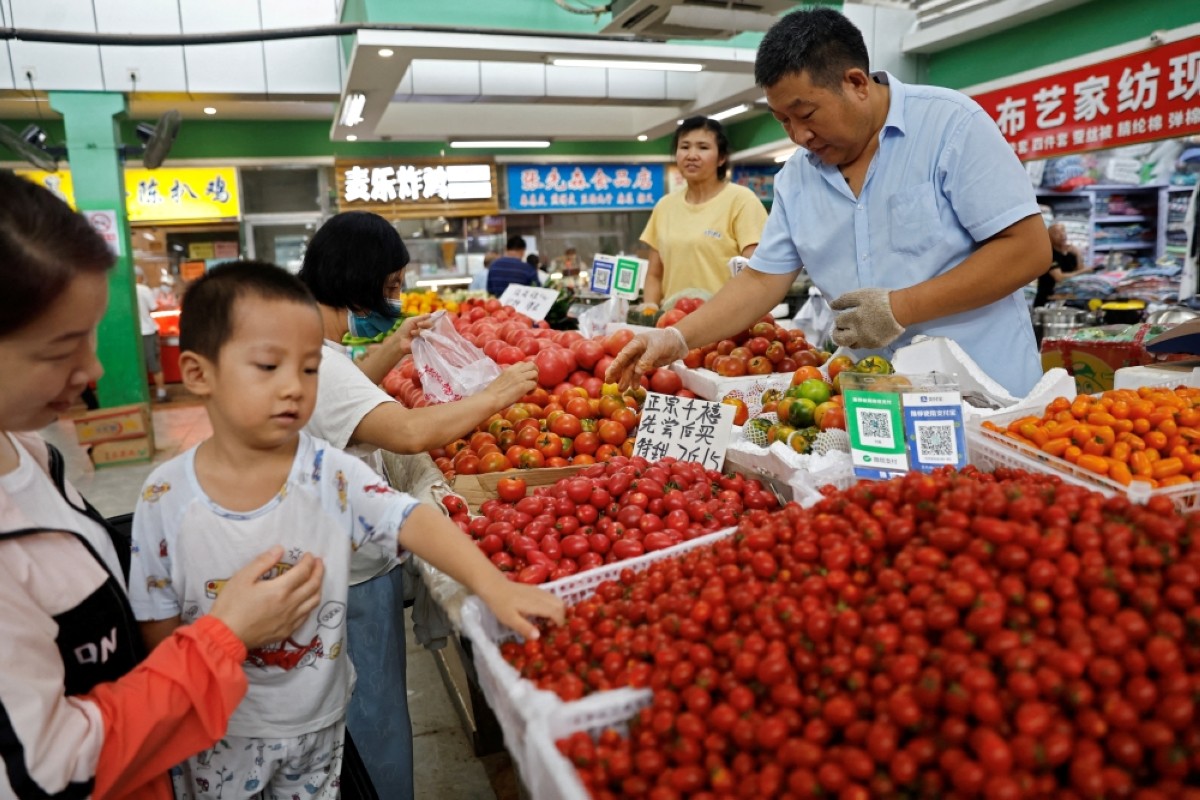
Customers select tomatoes at a stall inside a morning market in Beijing, China . -- Reuters.
Habeck’s visit to China is the first by a senior European official since Brussels proposed hefty duties on imports of Chinese-made electric vehicles (EVs) to combat what the EU considers excessive subsidies. China warned on Friday ahead of his arrival that escalating frictions with the EU over EVs could trigger a trade war. “It is important to understand that these are not punitive tariffs,” Habeck said in the first plenary session of a climate and transformation dialogue.
Countries such as the US, Brazil and Turkey had used punitive tariffs, but not the EU, the economy minister said. “Europe does things differently.” Habeck said that for nine months, the European Commission had examined in great detail whether Chinese companies had benefited unfairly from subsidies. Any countervailing duty measure that results from the EU review “is not a punishment”, he said, adding that such measures were meant to compensate for the advantages granted to Chinese companies by Beijing.
The European Union could trigger a ‘trade war’ if it continues to escalate tensions, China’s commerce ministry said on Friday, accusing the bloc of foul play during its eight-month anti-subsidy probe into Chinese electric vehicles. Last week, the European Commission proposed tariffs of up to 38.1 percent on electric vehicle imports from China despite Beijing’s protest, plunging trade ties to a new low and risking punitive retaliatory action.
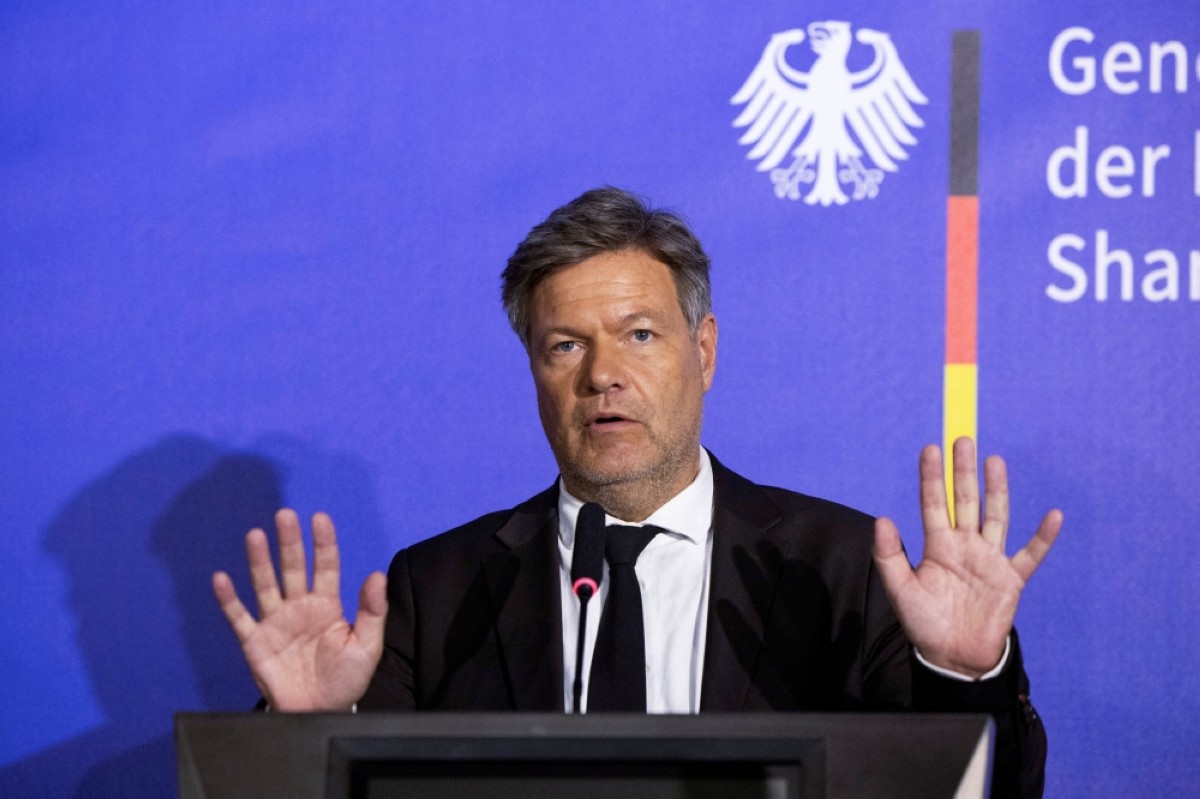
SHANGHAI: Vice Chancellor and German Federal Minister for Economic Affairs and Climate Action Robert Habeck speaks during a press conference in Shanghai, China, June 22, 2024. – Reuters.
“The European side continues to escalate trade frictions and could trigger a ‘trade war’,” a statement attributed to the commerce ministry’s spokesperson said. “The
responsibility lies entirely with the European side.” “Common, equal standards for market access should be achieved,” Habeck said. Meeting Zheng Shanjie, chairman of China’s National Development and Reform Commission, Habeck said the proposed EU tariffs were intended to level the playing field with China.
Zheng responded: “We will do everything to protect Chinese companies.” Proposed EU import duties on Chinese-made EVs would hurt both sides, Zheng added. He
told Habeck he hoped Germany would demonstrate leadership within the EU and “do the correct thing”. He also denied the accusations of unfair subsidies, saying the development of China’s new energy industry was the result of comprehensive advantages in technology, market and industry chains, fostered in fierce competition.
The industry growth “is the result of competition, rather than subsidies, let alone unfair competition,” Zheng said during the meeting. The EU provisional duties are set to apply by July 4, with the investigation set to continue until Nov 2, when definitive duties, typically for five years, could be imposed. Habeck told Chinese officials the conclusions of the EU report should be discussed.
“It’s important now to take the opportunity that the report provides seriously and to talk or negotiate,” Habeck said. After his meeting with Zheng, Habeck spoke with Chinese Commerce Minister Wang Wentao, who said he would discuss the tariffs with EU Commissioner Valdis Dombrovskis on Saturday evening via videoconference.
The statement was published about an hour before the arrival of German Economy Minister Robert Habeck in Beijing, where he is expected to explain the recent tariff announcement and try to allay the risk of retaliation from China that could harm German businesses.
EU trade policy is turning increasingly protective due to concerns China’s production-focused, debt-driven development model could see it flooded with cheap goods as Chinese firms look to boost sales overseas due to weak demand at home.
But China decries accusations its firms benefit from unfair subsidies or that it has an overcapacity problem, and argues its rise in the global EV industry, as well as in solar panels and batteries, is driven by innovation and complete supply chains. — Reuters.





